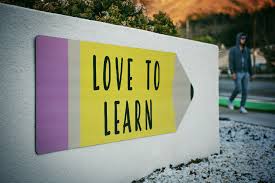
Tips and tricks to cope with a learning disability!
Living with a learning disability can present unique challenges, but with the right strategies and support, students can thrive academically and personally. Here are some helpful tips and tricks to cope effectively:
1. Know Your Strengths and Challenges
Understanding your specific learning disability helps you identify which areas need extra support and which strengths you can leverage. Whether it’s dyslexia, ADHD, or another condition, self-awareness is the first step to success.
2. Use Assistive Technology
Many tools are designed to make learning easier—text-to-speech apps, speech-to-text software, audiobooks, and graphic organizers can help process and retain information more efficiently.
3. Break Tasks into Smaller Steps
Large assignments can be overwhelming. Breaking them into manageable steps with clear, achievable goals can reduce stress and improve focus. Use checklists to track your progress.
4. Create a Consistent Routine
A structured schedule can boost focus and reduce anxiety. Set specific times for studying, breaks, and relaxation. Use timers or alarms to stay on task and avoid distractions.
5. Ask for Help and Advocate for Yourself
Don’t hesitate to seek help from teachers, tutors, or support staff. Be open about your needs and ask for accommodations, like extra time on tests or note-taking assistance. Learning self-advocacy builds confidence and independence.
6. Practice Self-Care and Patience
Celebrate your progress, no matter how small. Stay positive, take regular breaks, and don’t compare yourself to others. Growth takes time—and every step forward counts.




 click and follow Indiaherald WhatsApp channel
click and follow Indiaherald WhatsApp channel